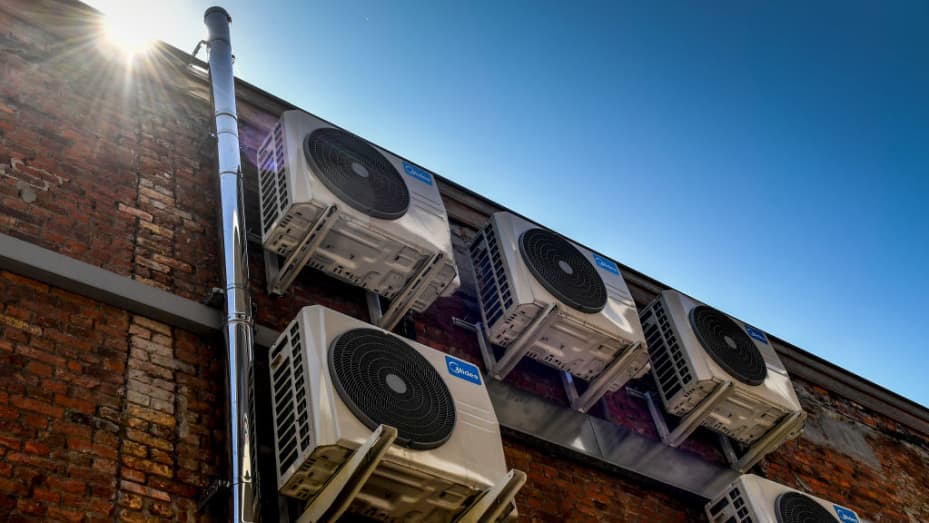The Middle East has long been recognized as a significant player in the global commodities trading landscape. With its abundant natural resources and strategic geographical position, the region plays a crucial role in supplying various commodities to the international market. As countries in the Middle East seek to diversify their economies away from oil dependency, trading commodities has emerged as a vital avenue for economic growth and stability. This article delves into the complexities of commodities trading in the Middle East, exploring the landscape, opportunities, challenges, and strategies for success.
Understanding Commodities
Commodities are raw materials or primary agricultural products that can be bought and sold. They are typically standardised, allowing them to be interchangeable with other goods of the same type. Commodities are generally categorised into two main types: hard and soft commodities. Hard commodities include natural resources that are mined or extracted, such as oil, metals, and minerals. In contrast, soft commodities are agricultural products or livestock, including grains, fruits, and other food items.
Commodity trading is influenced by various key characteristics. Price volatility is a common factor, driven by supply and demand dynamics, geopolitical events, and changes in market sentiment. Understanding these characteristics is essential for traders seeking to navigate the complexities of the commodities market effectively.
The Middle East Market Landscape
The Middle East has a robust economic framework characterised by a diverse range of commodities. The region is home to some of the world’s largest oil producers, such as Saudi Arabia, the United Arab Emirates (UAE), and Qatar. These countries dominate the oil and gas sector, supplying a significant portion of the world’s energy needs. Additionally, they are increasingly diversifying their commodity portfolios to include precious metals, agricultural products, and renewable energy resources.
In terms of key commodities, oil and gas remain at the forefront of the Middle Eastern economy. The region is rich in oil reserves, making it a critical player in the global energy market. Precious metals, particularly gold and silver, are also traded extensively, driven by demand for investment and industrial uses. Furthermore, agricultural commodities such as dates and citrus fruits are significant exports, with countries like the UAE and Saudi Arabia investing in advanced agricultural technologies to enhance production.
Trading Platforms and Mechanisms
The Middle East offers various trading platforms for commodities, catering to both local and international traders. One notable platform is the Dubai Gold and Commodities Exchange (DGCX), which allows traders to engage in futures contracts for various commodities, including gold, oil, and agricultural products. This exchange provides a transparent and regulated environment for trading, attracting participants from across the globe.
Traders can access international platforms as well, broadening their opportunities to trade commodities. These platforms often provide advanced trading tools and resources, enabling traders to make informed decisions. Various trading mechanisms are employed in the commodities market, including futures contracts, options trading, and spot trading. Futures contracts allow traders to buy or sell a specific commodity at a predetermined price on a specified future date, providing a hedge against price fluctuations. Options trading offers similar benefits but gives traders the right, rather than the obligation, to buy or sell a commodity at a specific price.
Regulatory Environment
The regulatory framework governing commodity trading in the Middle East is crucial for ensuring market integrity and protecting participants. Each country in the region has regulatory bodies that oversee trading activities. For instance, the Dubai Financial Services Authority (DFSA) is responsible for regulating the financial services industry in Dubai, including commodities trading. These regulatory bodies establish rules and standards to ensure compliance and transparency in the market.
Traders must navigate various compliance requirements to operate within the legal framework of each country. Understanding these regulations is essential for minimising risks and ensuring smooth trading operations. As the commodities market continues to evolve, regulators are adapting to new trends and technologies to maintain a fair and efficient trading environment.
Strategies for Successful Commodity Trading
To succeed in commodities trading, a comprehensive understanding of market trends and data analysis is imperative. Traders must stay informed about global economic conditions, geopolitical developments, and supply chain dynamics that impact commodity prices. Utilising technical and fundamental analysis can provide valuable insights into market movements, helping traders make informed decisions.
Risk management strategies are also critical in commodities trading. Traders can employ hedging techniques to mitigate potential losses from price fluctuations. Diversification across different commodities can further reduce risks and enhance overall portfolio performance. By carefully analysing market conditions and implementing effective risk management strategies, traders can position themselves for success in the dynamic commodities market.
Conclusion
In conclusion, trading commodities in the Middle East offers a wealth of opportunities for those willing to navigate its complexities. The region’s rich natural resources, strategic trading platforms, and evolving regulatory landscape create a fertile ground for growth in the commodities sector. By understanding the nuances of the market, employing effective trading strategies, and remaining vigilant to challenges, traders can position themselves to thrive in this dynamic environment. As the Middle East continues to assert its influence in global commodities trading, the potential for unlocking new opportunities remains vast and enticing.



